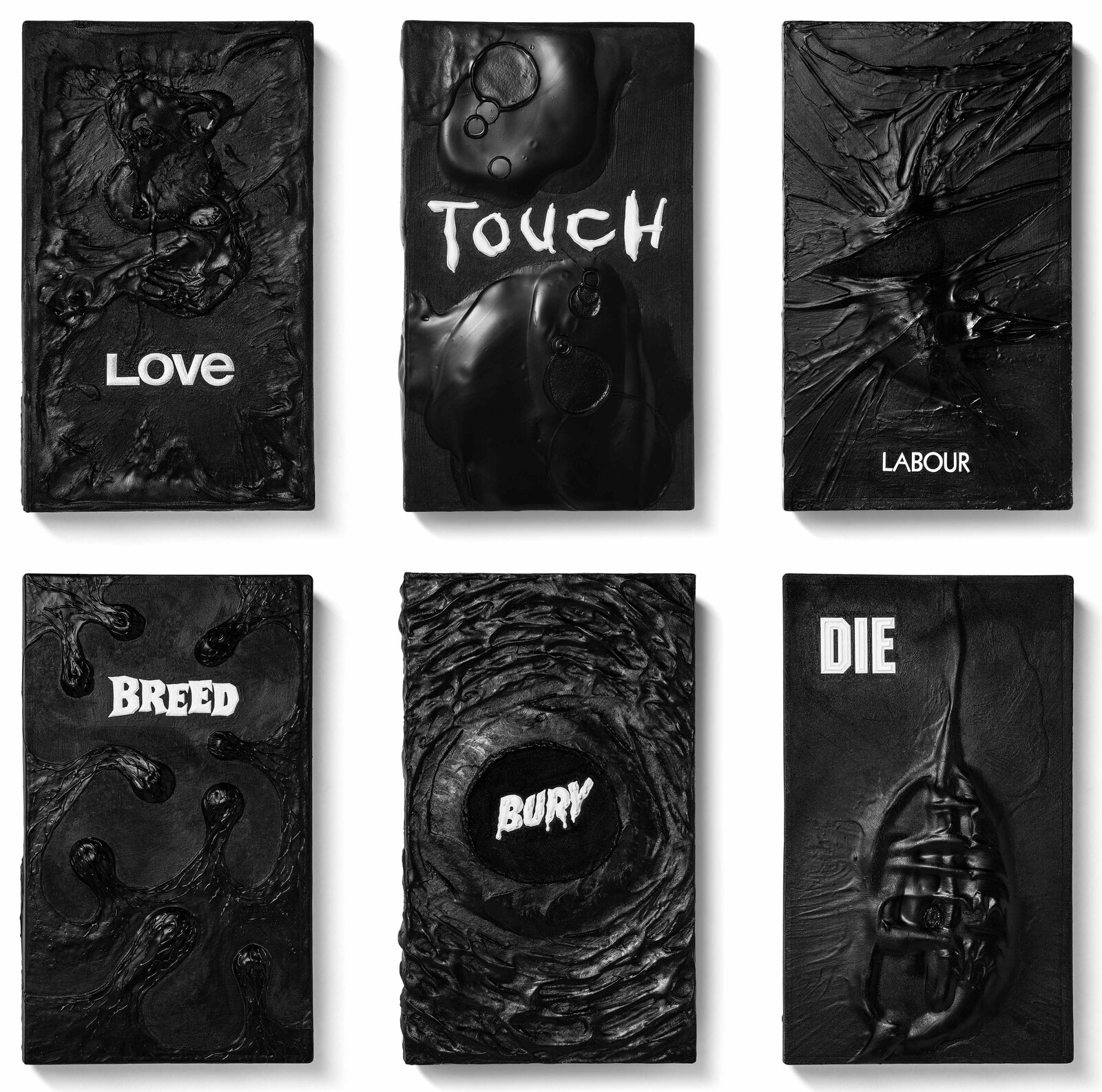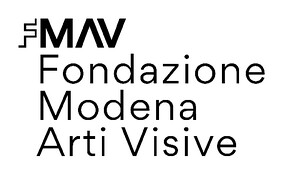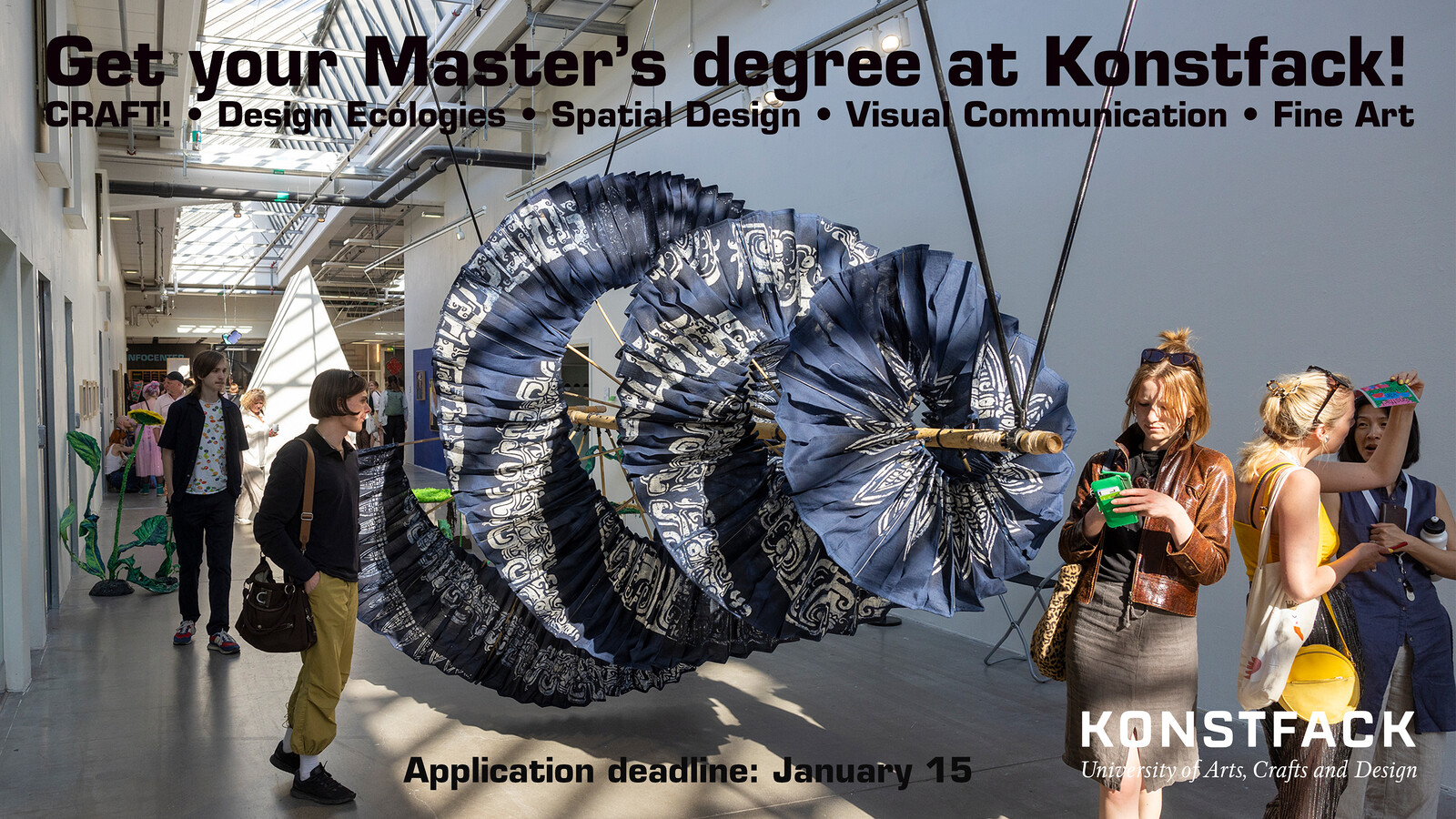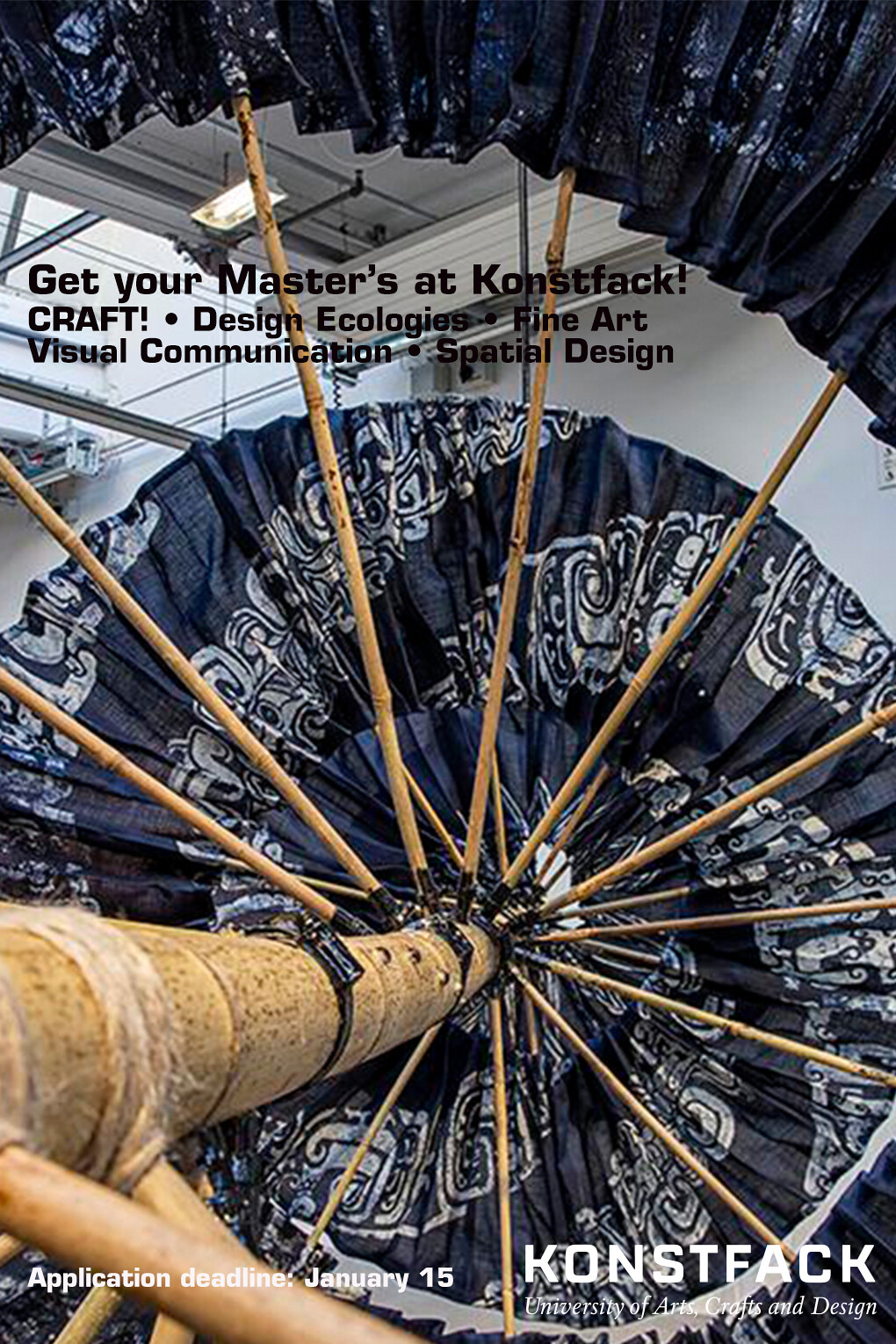Never Ending Stories
June 8–September 18, 2022
Corso Canalgrande
103, 41121 Modena
Italy
Fondazione Modena Arti Visive is proud to present Candice Breitz: Never Ending Stories, the largest institutional exhibition of the South African artist in Italy to date, taking place in the Palazzina dei Giardini (Corso Cavour 2, Modena) and opening at 6pm on June 8, 2022.
Curated by Daniele De Luigi, the exhibition presents three important large-scale installations: Love Story (2016), Digest (2020) and Labour (2020, ongoing), reflecting on the crucial role that storytelling plays in structuring lived reality and sustaining the possibility of alternate future realities.
The exhibition offers visitors a momentary escape from the accelerated temporality that is characteristic of the attention economy, stretching and warping our relationship to time so as to offer refuge from the fast-moving news cycles we are caught up in and the social media doom-scrolling via which we have come to understand and measure the world.
Carrying a cinematic projection as well as over 20 hours of intimate interviews, Love Story asks us to consider the loss of nuance and empathy that occurs when complex stories are condensed and abbreviated to serve increasingly short attention spans. Structured as a seven-channel video installation that is shown across two spaces, the work explores the conditions under which empathy is produced. Evoking the global refugee crisis, the work evolves out of interviews with six individuals who have fled their countries for different reasons. In the first space, re-performed fragments from the interviews are woven into a montage featuring Alec Baldwin and Julianne Moore. In the second space, the original interviews are presented in their full length. Suspending viewers between the gritty first-hand accounts of people who would typically remain nameless and faceless in the media, and a staged and accessible drama featuring Hollywood actors, Love Story raises questions around how and where our attention is focused. The work deploys the hypervisibility of Moore and Baldwin to amplify stories that might otherwise fail to elicit attention. At the same time, it invites reflection on the callousness of a media-saturated culture in which strong identification with fictional characters and celebrity figures runs parallel to a widespread lack of interest in real people facing real-world adversity.
Digest is an installation consisting of 1,001 painted videocassettes. Each of the sleeves is emblazoned with a single verb excerpted from the title of a film that was in circulation during the era of home video. In each case, the painted verb appropriates the font that was used on the original VHS cover, while the rest of the sleeve is coated in black acrylic abstraction. The tapes are arranged on shallow wooden shelves, evoking the display aesthetics of video rental stores. The actual content carried on the videocassettes will remain forever unrevealed, leaving viewers to imagine what footage they might contain. Completed by Candice Breitz during the pandemic, Digest owes the seriality of its structure to the story told in One Thousand and One Nights, paying homage to the proto-feminist storyteller Scheherazade (the 1,001st wife of the sultan, Shahrayar), who is able to save herself from certain death by putting her exceptional storytelling skills to work.
Labour features six single-channel video installations that are drawn from a work that is still in progress. Framed by a fictional “Matricial Decree” that outlines a utopian feminist agenda, Breitz re-imagines the embodied power that flows through mothers at the moment of giving birth as a resource that can be tapped for other purposes, such as the elimination of authoritarian leaders who have exercised their authority to harm to the bodily autonomy of women and others. The artist invites us to experience the series of births in reverse. We watch as each newborn is swept out of its mother’s arms and slowly sucked back into the womb. Collapsing vérité footage with a fictional narrative, Labour creates a connection between the reproductive dystopias that feminists have for so long evoked in fiction, and the daily lived reality of women.
Opening: Wednesday, June 8, 2022, 6–8pm (free entrance)
Entrance: full ticket 6 EUR / concessions 4 EUR (Circuito Vivaticket)
Free entrance: every Wednesday
Opening hours: Wednesday–Sunday, 3–7pm
Information: biglietteria [at] fmav.org



